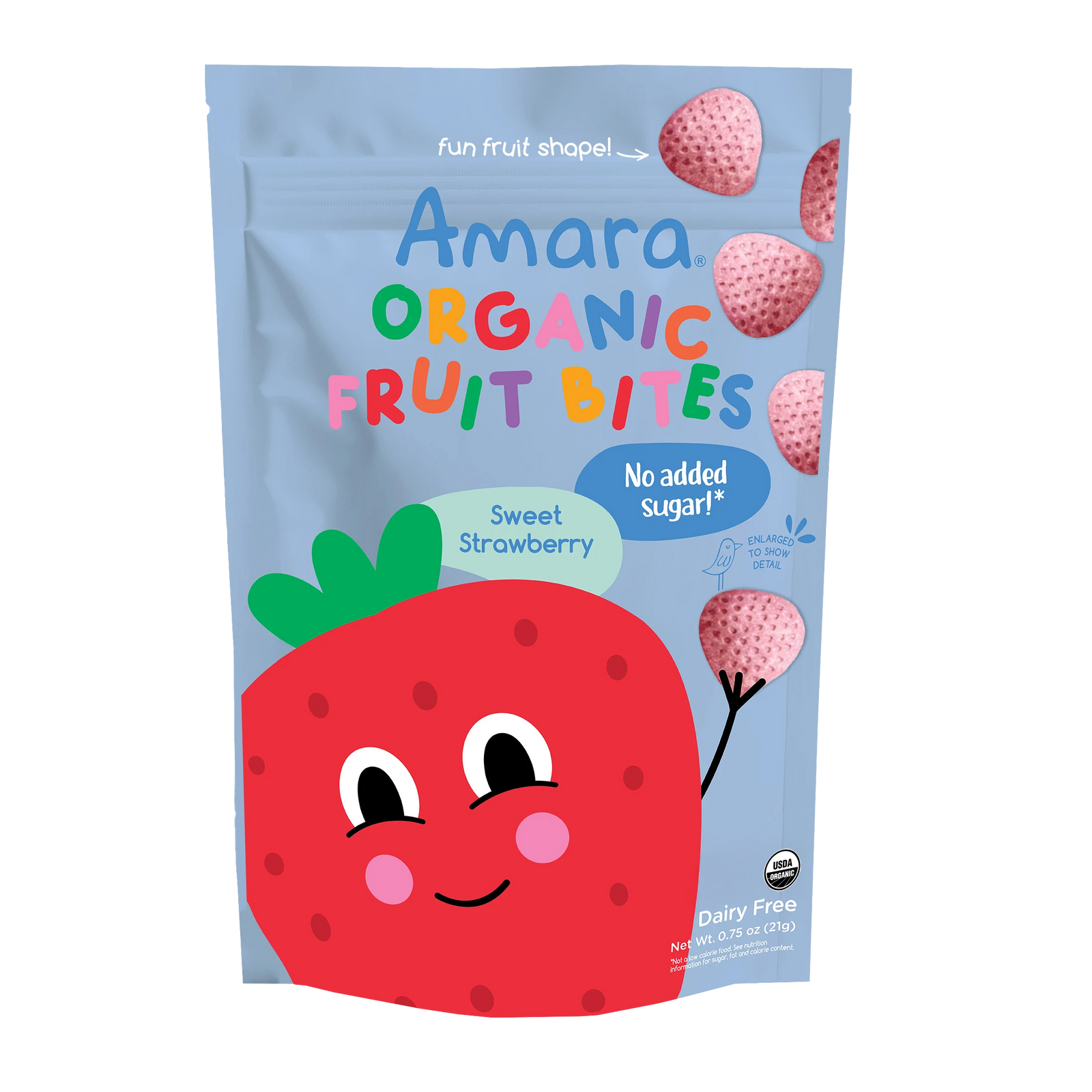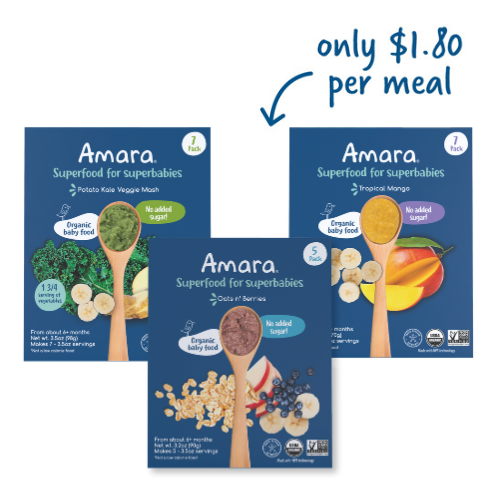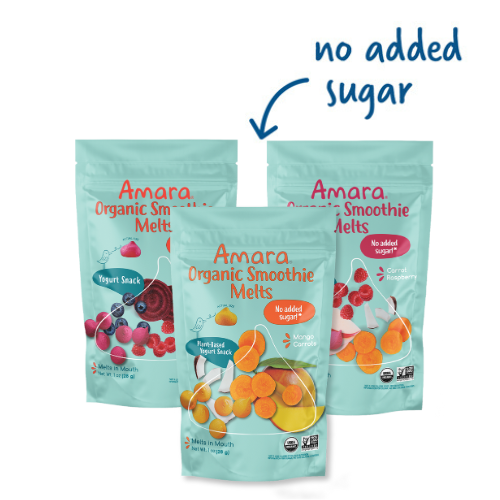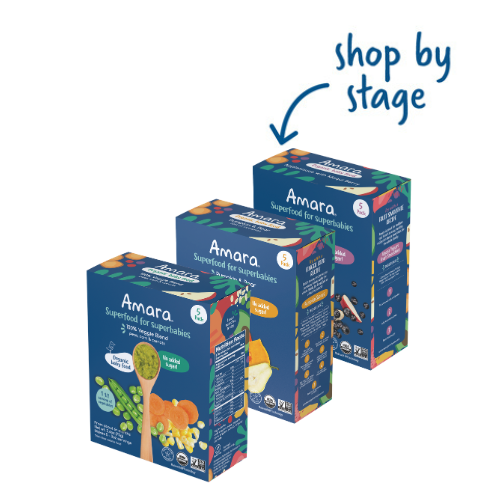When my dad was diagnosed with brain cancer, I started to become obsessed with learning about the brain. In my research I stumbled across this famous “gut brain connection”. Of course, when you combine something that hit so close to home with something I love learning about (food) – I was hooked. I couldn’t get enough. I spent weekends on end pouring over how what happens in your brain can be affected by what you eat. Weekends researching how nutrients pass from your gut to your brain – how “food is thy medicine” isn’t so wishy washy as it sounds.
The science is in its early days but there is a growing body of evidence that indicates that your microbiome interacts with your central nervous system and can regulate many of its functions. We don’t have all the answers but we want to talk about some of the research that’s going on because one thing is increasingly sure – we are what we eat and what we eat may very well affect what we think. Today we're diving into:
- What is the link between the gut and the brain?
- Can I change or shape my microbiome?
- What does gut health have to do with my baby?
What is your gut brain connection?
The gut brain connection, or the gut- brain axis, is the pathway between your brain and your gut where chemicals like hormones and neurotransmitters send messages back and forth. Your gastrointestinal system, most commonly known as your gut, is often described as your second brain and goes far beyond just processing the food we eat. In fact, there are millions of neurons that travel back and forth from the gut to the brain on a kind of “information superhighway” .
You know that “gut feeling” we talk about when you meet someone for the first time; or your mom telling you to trust your “gut instinct”? Turns out that the mind-gut connection is not just a figure of speech – our brain and our gut are connected and are constantly sending signals about digestion, stress levels and more.
The chemical messages that pass between the gut and the brain can be affected by the bacteria, viruses and fungi that live in your gut – aka your “gut microbiome” . Just like any environment, your gut microbiome are directly impacted by the food that you eat – think about it like the conditions of the environment. Plant a flower and feed it rich nutrients, it will thrive. Eat food to create healthy conditions for your gut microbiome, you – and your brain- will thrive.

Plant a flower and feed it rich nutrients, it will thrive. Eat food to create healthy conditions for your gut microbiome, you - and your brain - will thrive.
Can you change your gut microbiome?
Science has established that the gut-brain connection exists both on a physical and chemical level. We also know that nerves and neurons run between your gut and brain on a sort of “information pathway”. The neurotransmitters and other chemicals that are produced in your gut cross the blood brain barrier and affect your brain and brain health.
This begs the question – if you change the types of bacteria in your gut through the food you eat – can you improve your brain health and thinking? Perhaps. There is growing evidence that suggests a strong link – but the science behind exactly how to manipulate your health and mood through your gut is still not conclusive. What we do know is: what kinds of food you eat and the quality of the food you eat affects your gut – and may directly affect your brain through your gut brain axis (GBA).
Gut Microbiome and My Baby
Studies show that a baby has until the age of two and a half to establish a healthy gut bacterium – and will have little change in their gut bacteria after this age.Since babies are born with little microbes of their own, several environmental factors will start affecting the baby’s gut bacteria right away. What mothers eat when they are pregnant ; how the baby is delivered; and how the baby is fed in the first 6 months of life are important to creating healthy microbiomes for our babies. But here’s the thing – there are so many parts you can’t control (whether you can and want to breastfeed, how you deliver, etc.). So here is something you CAN control: what your baby eats.
One of the things that directly impacts your baby’s gut and microbiome is giving your baby a diet of healthy, wholesome foods. Avoid heavily processed baby foods and try to eat organic when possible. Homemade baby food is always the best- but when homemade baby food is more of a dream than a reality – you can count on Amara baby food to make homemade, possible.
The foods we give to our babies in the first two years are critical to help them develop healthy gut bacteria so let's only give them the best.
" Studies show that a baby has until the age of two and a half to establish a healthy gut bacterium – and will have little change in their gut bacteria after this age. "
Feeding our Future Foodies
You’ve probably heard me say that if we feed our future foodies real foods – we can change the way our future generations eat – and think. We know that food preferences are created in early age- so let’s teach our babies the taste, texture and nutrients of fresh. Because if we can create a healthy environment for our guts – studies seem to show that we may be able to influence how we think!
Savory Introduction to Veggies
Take your baby from milk monster to veggie lover with our variety of veggie-forward, savory flavors. This wide variety of vegetables is ideal for introducing, rotating, and trying again until you've reached veggie-loving success!
Studies show early exposure to vegetables helps shape healthy eating habits for life. Get 'em hooked on the good stuff now.
References:
Gut reactions: How the blood–brain barrier connects the microbiome and the brain Aric F Logsdon, Michelle A Erickson,et al https://www.ncbi.nlm.nih.gov/pmc/articles/PMC4367209/
The Good Gut, by Justin and Erica Sonnenburg
Gut/brain axis and the microbiota Emeran A Mayer, Kirsten Tillisch and Arpana Gupta https://www.ncbi.nlm.nih.gov/pmc/articles/PMC4362231/
Scientific American, Think Twice: How the Gut's "Second Brain" Influences Mood and Well-Being by Adam Hadhazy
Importance of infant diet in establishing a healthy gut, New Castle University ScienceDaily, 24 October 2018. <www.sciencedaily.com/releases/2018/10/181024131243.htm>.
Meconium microbiota types dominated by lactic acid or enteric bacteria are differentially associated with maternal eczema and respiratory problems in infants. MJ Gosalbes. S Llop. Y Valles. A Moya. F Ballester. MP Francino

AMARA
Amara baby food brings you 100% organic baby blends with whole vegetables, plant based proteins, superfruits and baby cereals. Voted #1 "Best Baby Food" by the Bump - shop our baby food blends to get all the benefits of fresh, homemade meals - without starting from scratch.
We know starting solids can be overwhelming but we're here for you. Your pediatrician and your mommy tribe can help you as well as our on staff PHD in nutrition. Have more questions? Follow along our #foodfactfridays every week on our Instagram or send us your questions and we’ll keep debunking those baby food myths!










Leave A Comment